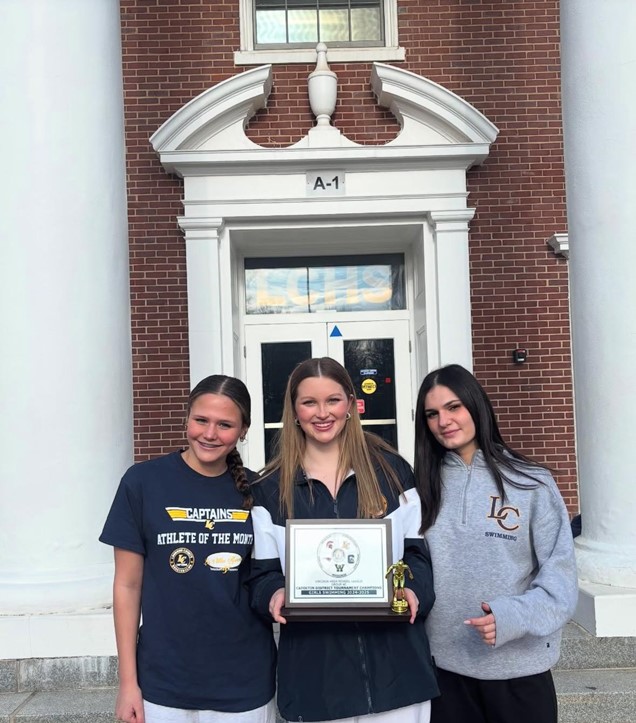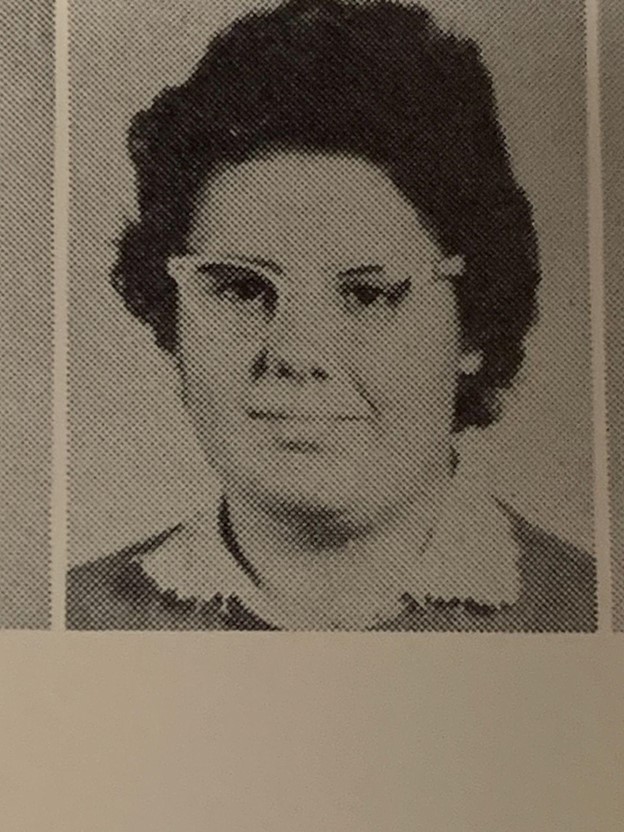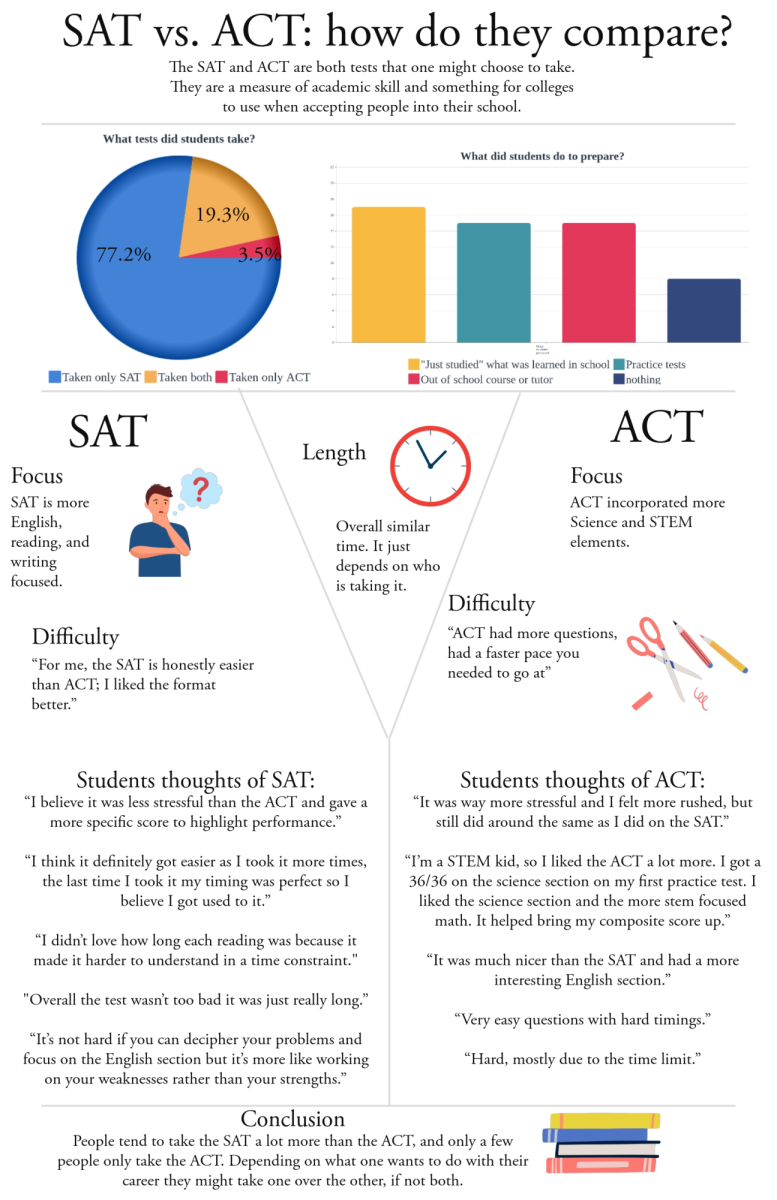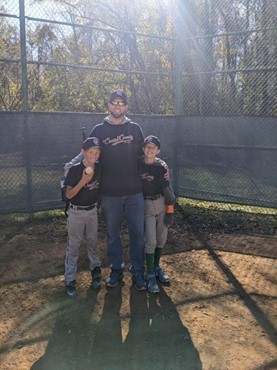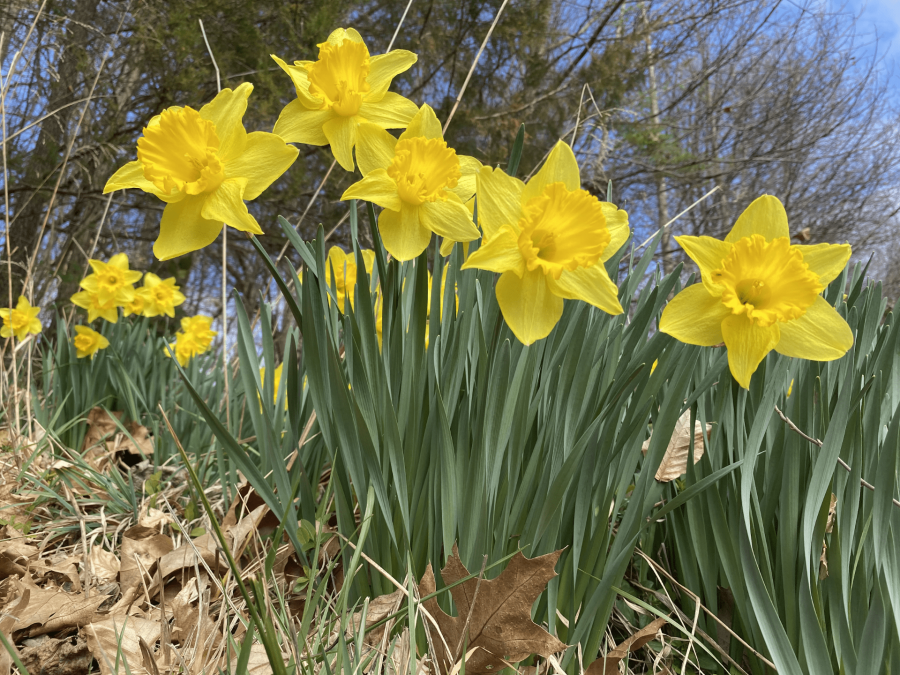Is Global Warming the Reason Behind Our Unusually Mild Winter?
Daffodils in full bloom decorate the lawns of many, this spring. With the warm weather, flowers around the county bloomed as early as mid-february. Photo: Elena Wigglesworth
“My generation has really messed things up,” Robert Hanger, a biology teacher at Loudoun County High School, said in reference to global warming. Around the world, the same message echoes, along with the question, how bad really is it?
Global warming is the term used to describe the gradual increase of temperatures worldwide. This situation is often attributed to the relative recent increase in the release of greenhouse gases, like carbon dioxide, into the atmosphere.
“It has definitely given me a lot of worry about the future,” said LCHS Senior, Grace Curtin.
This January, students in Loudoun County experienced an average temperature of 38 degrees Fahrenheit. That’s 4 degrees higher than the average temperature in January 2019 and 7 degrees higher than the average temperature from January 2011 (the last available data point when broken out by month).
Experts warn that if the global temperature rises an average of 2 degrees Celsius or about 3.6 degrees Fahrenheit, from the current temperatures, we’ll see major changes on our planet.
“It’s going to be a problem because this is the only place we have to live,” said LCHS freshman JP Vanderloo.
The effects of global warming are already beginning to be felt. LCHS junior Summer Orledge expressed concerns about the decline in health being observed in the world’s coral reefs, while Hanger expressed worry about the part global warming plays in the loss of habitats and biodiversity.
Hanger also went on to share concerns about the part global warming may play in our future economy. “Especially as the coastal cities get inundated, I think no one knows how bad that might be for the economies of the world.” he said.
A decrease in snowfall totals are an effect more greatly felt by students at LCHS. Preliminary data from the National Oceanic and Atmospheric Administration shows only 2.9 inches of snowfall in the Dulles area for the 2019-20 season, a major drop from the previous season’s 26.5 inches.
Overall, snowfall totals have been trending downwards for the area, jumping from an average of 28.07 inches (1962-1972), to 21.65 inches (2000-2010), to 20.16 inches (2010-2020).
“I really wanted some snow days,” said Curtin. “My dog likes the snow, so I wanted some snow for him.” Global warming is a reality that students at LCHS will increasingly face in the future.
“If we continue the trend that we are on, it should affect us all majorly, very soon.” said Vanderloo.
The students and staff at LCHS are willing to fight in resistance of global warming, though.
“It (global warming) has made me want to try to help in more ways,” said Curtain before explaining that she has joined environmental clubs, tries to reduce her personal waste, and thinks about things like the rising sea levels.
Orledge worries about leadership in relation to the environment. “I find it rather shameful how little world leaders are doing to curb it’s (global warming’s) effects.”
To Orledge it all boils down to one thing. “I think humans shouldn’t act like we are the only species on the planet.”
The following sources contributed to the facts presented in this article:
https://climate.nasa.gov/scientific-consensus/
https://www.timeanddate.com/weather/usa/leesburg/historic?month=1&year=2011
https://climate.nasa.gov/news/2865/a-degree-of-concern-why-global-temperatures-matter/
https://www.weather.gov/media/lwx/climate/iadsnow.pdf
Your donation will support the student journalists of Loudoun County High School. Your contribution will allow us to purchase equipment and continue to print our issues for the students at our school.







